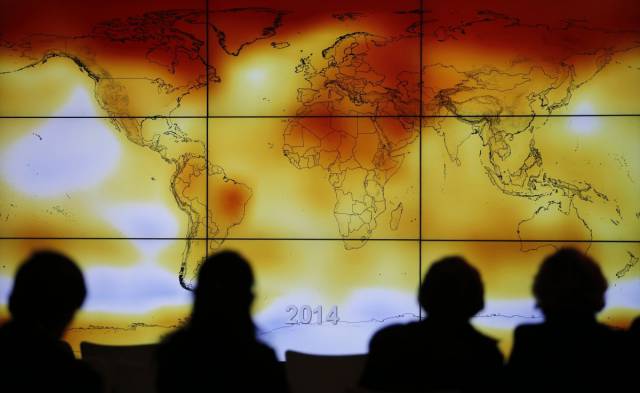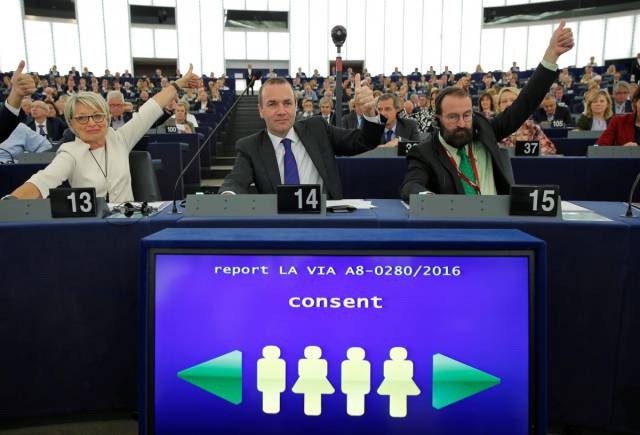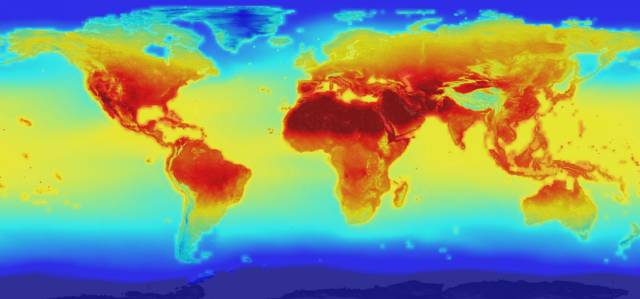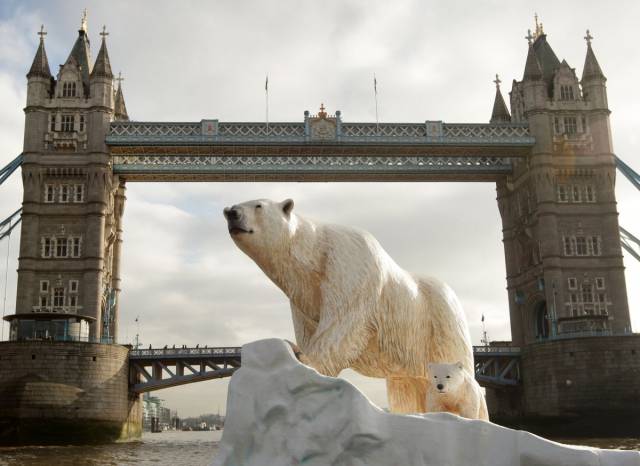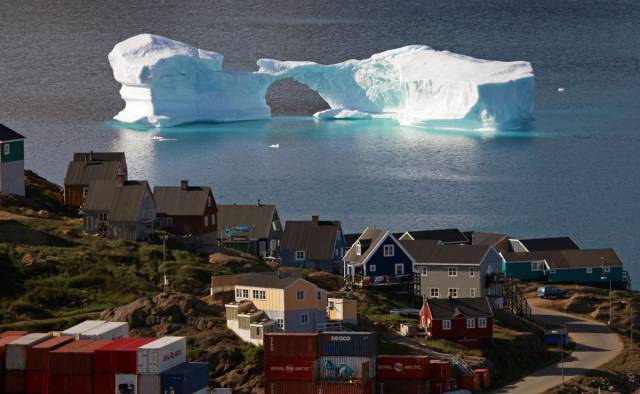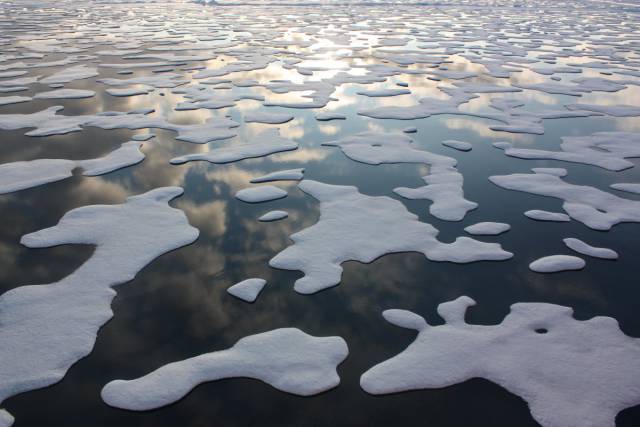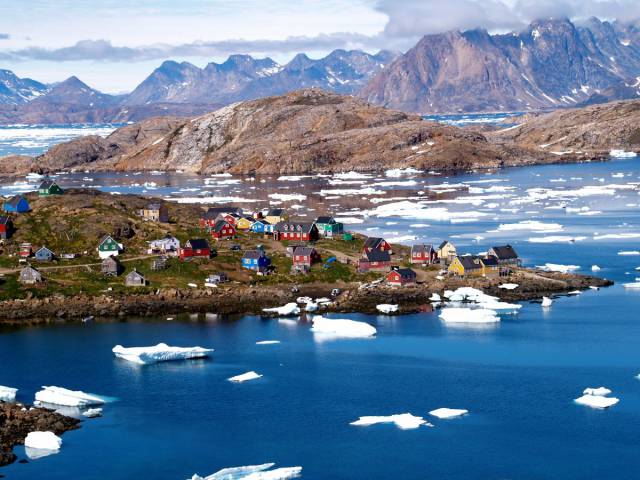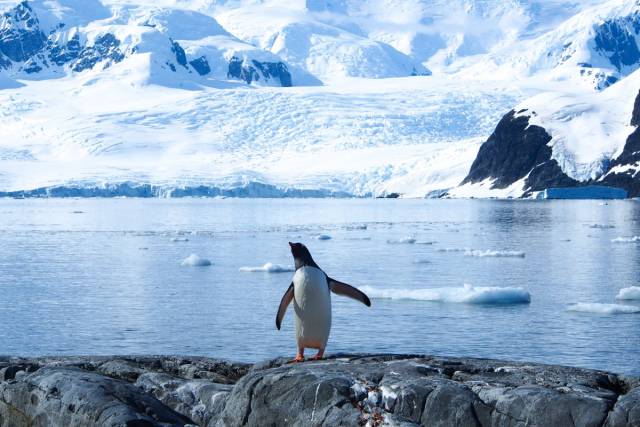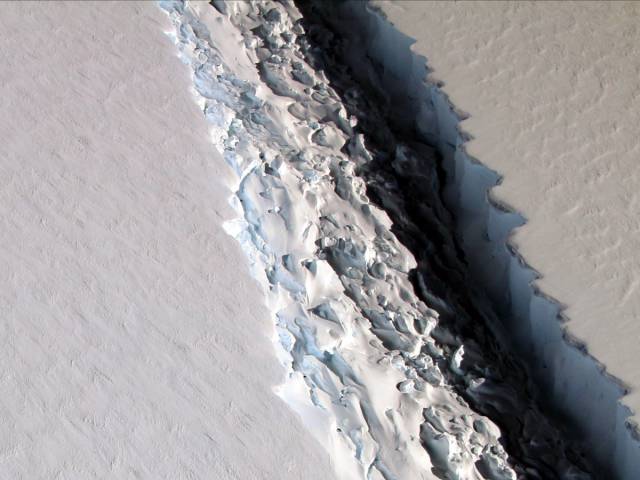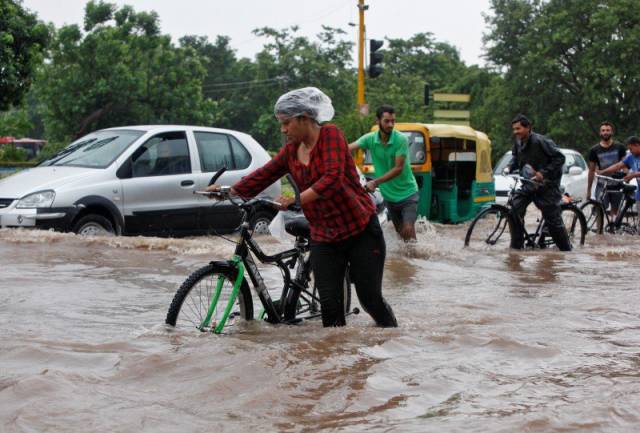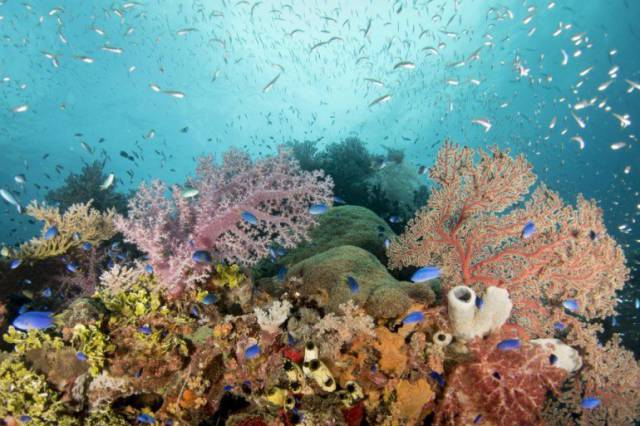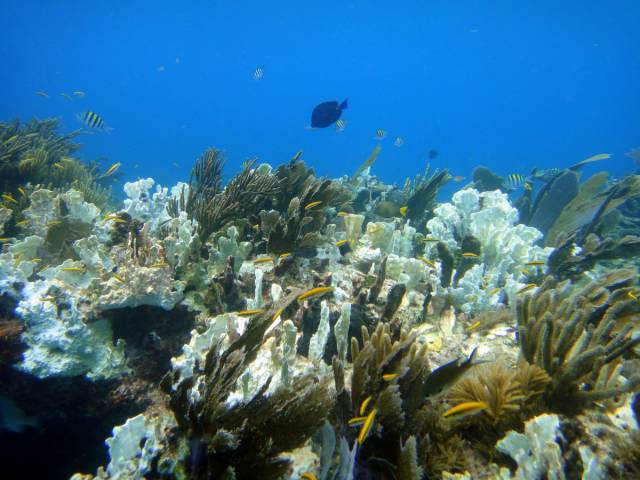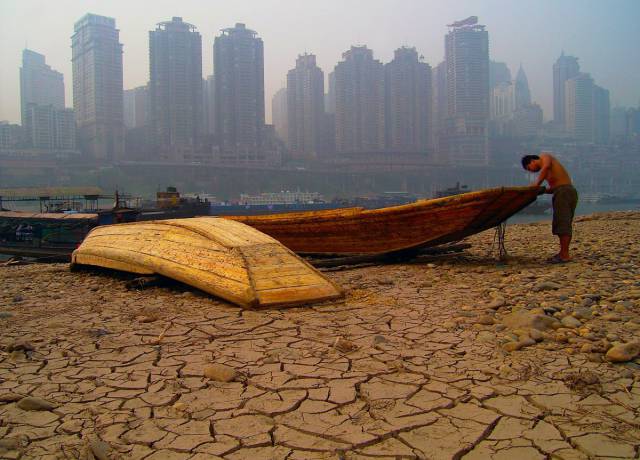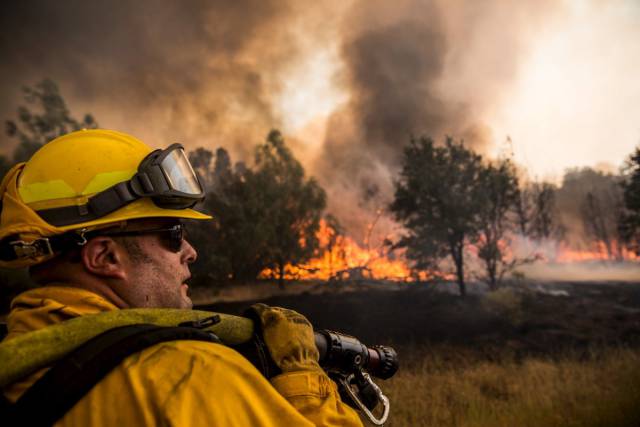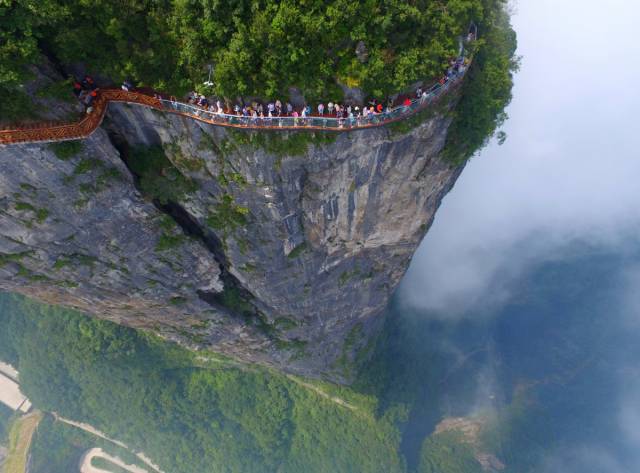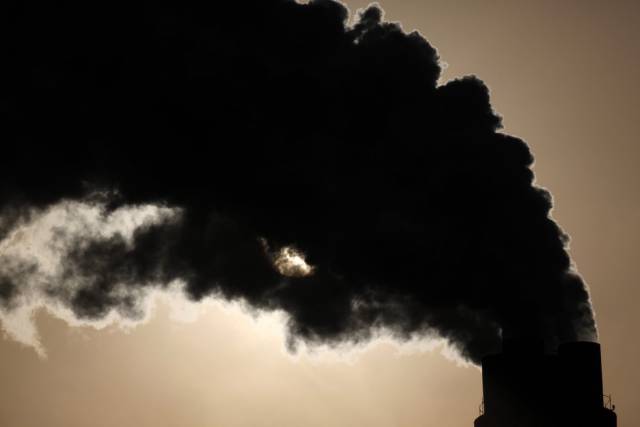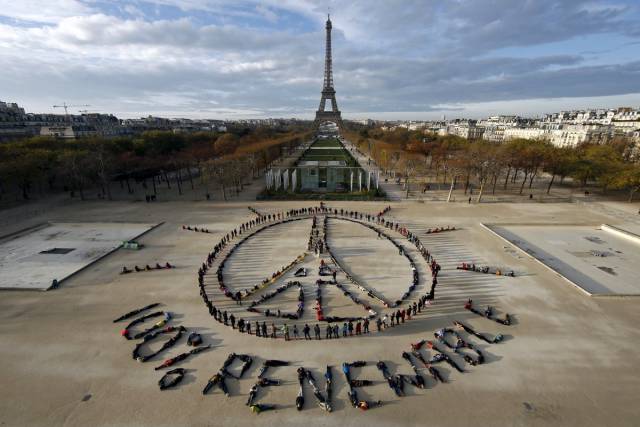"I think the 1.5-degree [2.7-degree F] target is out of reach as a long-term goal," Schmidt said. He estimated that we will blow past that by about 2030.
But Schmidt is more optimistic about staying at or under 3.6 degrees F, or 2 degrees C, above preindustrial levels. That's the level of temperature rise the UN hopes to avoid.
Let's assume that we land somewhere between those two targets. At the end of this century, we'd be looking at a world that is on average about 3 degrees Fahrenheit above where we are now.
But average surface temperature alone doesn't paint a full picture of climate change. Temperature anomalies — or how much the temperature of a given area is deviating from what would be "normal" in that region — will swing wildly.
For example, the temperature in the Arctic Circle soared above freezing for one day in 2016 — that's extraordinarily hot for the arctic. Those types of abnormalities will start happening a lot more.
That means years like 2016, which had the lowest sea-ice extent on record, will become more common. Summers in Greenland could become ice-free by 2050.
In the summer of 2012, 97% of the Greenland Ice Sheet's surface started to melt. That's typically a once-in-a-century occurrence, but we could see extreme surface melt like that every six years by end of the century.
On the bright side, ice in Antarctica will remain relatively stable, making minimal contributions to sea-level rise.
However, unexpected ice shelf collapses could surprise researchers with extra sea-level rise.
Even in our best-case scenarios, oceans are on track to rise 2 to 3 feet by 2100. That could displace up to 4 million people.
Oceans absorb about one-third of all carbon dioxide in the atmosphere, causing them to warm and become more acidic. Rising temperatures will therefore cause oceans to acidify more around the globe.
In the tropics, that means nearly all coral reef habitats could be devastated. Under our best-case scenario, half of all tropical coral reefs are still threatened.
And even if we curb emissions, summers in the tropics could see a 50% increase their extreme-heat days by 2050. Farther north, 10% to 20% of the days in a year will be hotter.
Without controlling our emissions (a business-as-usual scenario), the tropics would stay at unusually hot temperatures all summer long. In the temperate zones, 30% or more of the days would have temperatures that we currently consider unusual.
Even a little bit of warming will likely strain water resources. In a 2013 paper, scientists projected that the world will start to see more intense droughts more often. Left unchecked, climate change may cause severe drought across 40% of all land — double what it is today.
And then there's the weather. If the extreme El Niño event of 2015-2016 was any indication, we're in for more natural disasters — storm surges, wildfires, and heat waves are on the menu for 2070 and beyond.
Right now, humanity is standing on a precipice. If we ignore the warning signs, we could end up with what Schmidt envisions as a "vastly different planet" — roughly as different as our current climate is from the most recent ice age.
Or we can innovate solutions. Many of the scenarios laid out here assume we're reaching negative emissions by 2100 — that is, absorbing more than we're emitting through carbon-capture technology.
Schmidt says the Earth in 2100 will be somewhere between "a little bit warmer than today and a lot warmer than today." On a planet-wide scale, that difference could mean millions of lives saved, or not.

